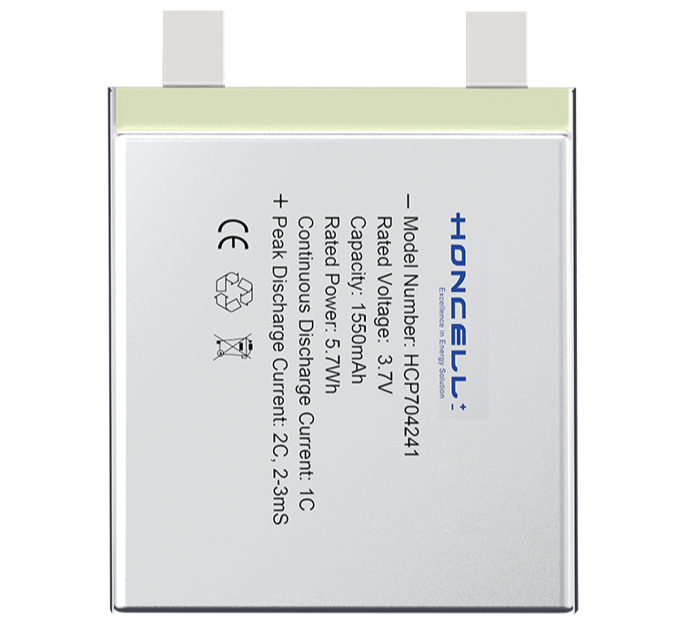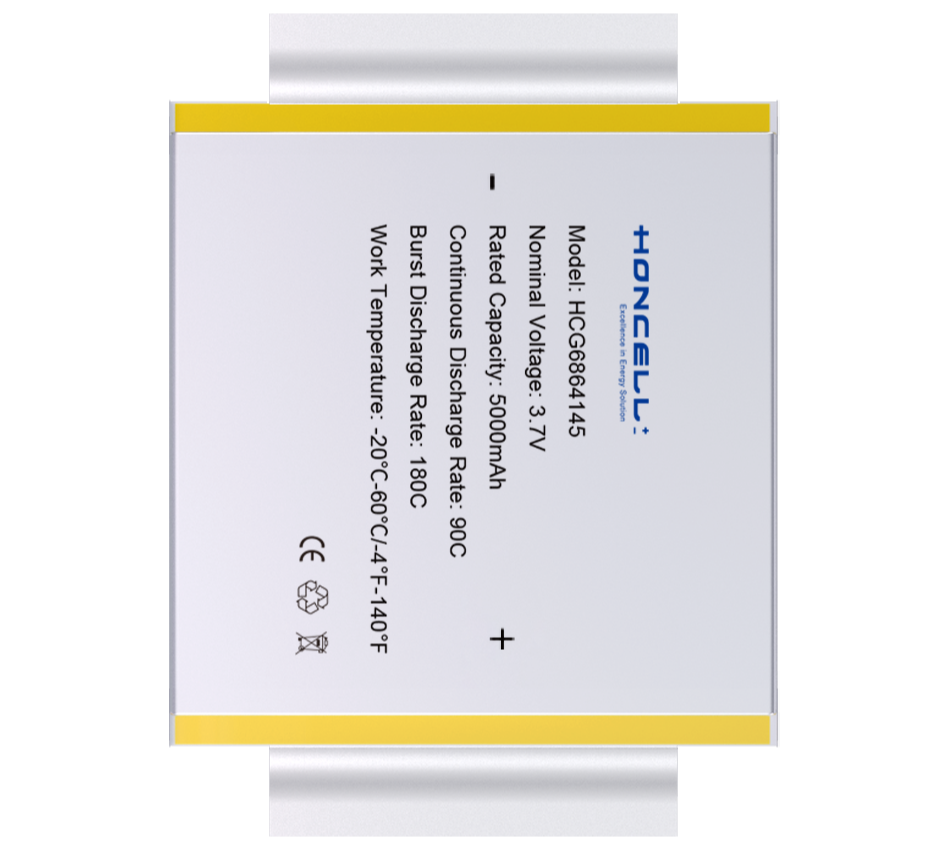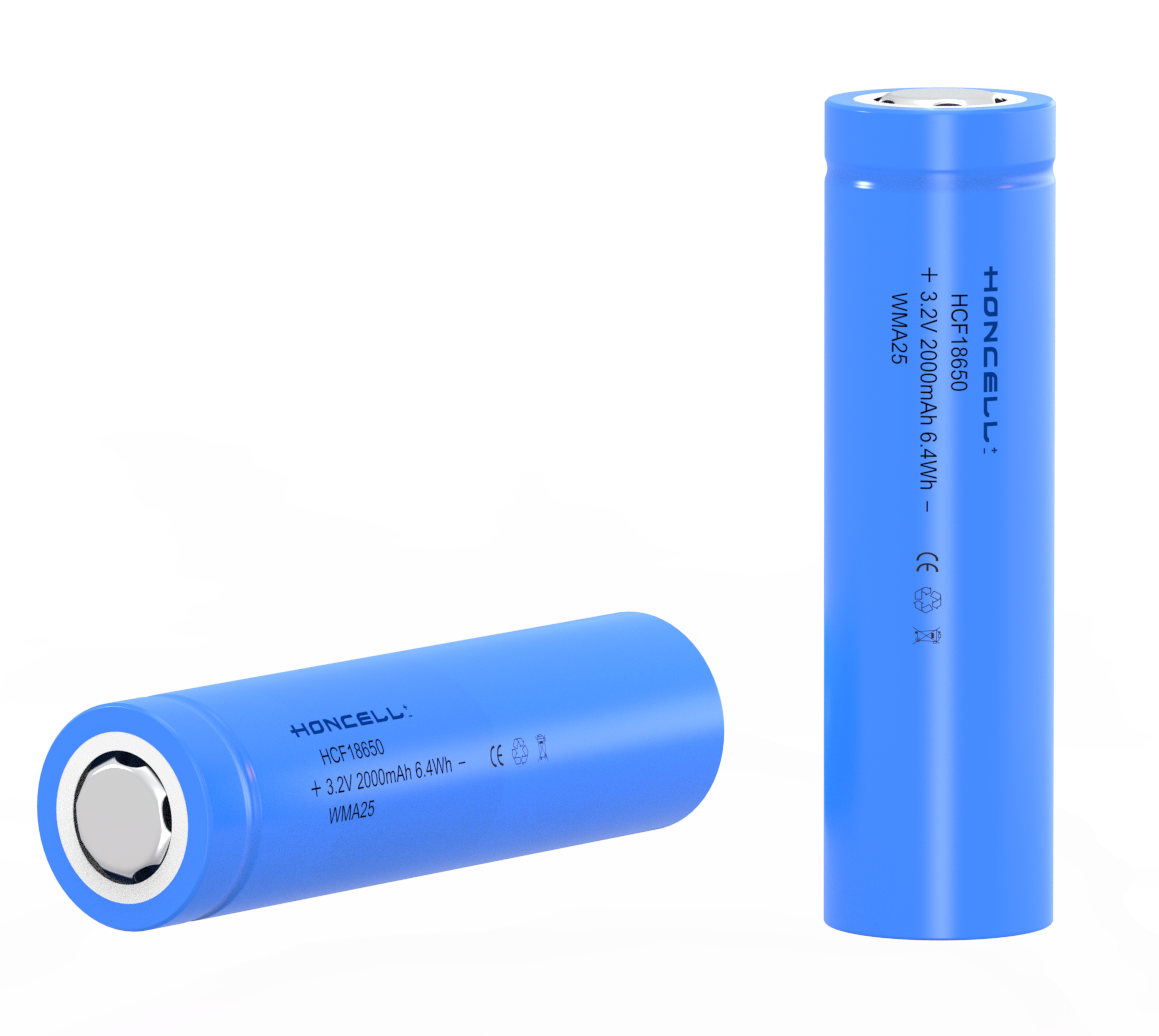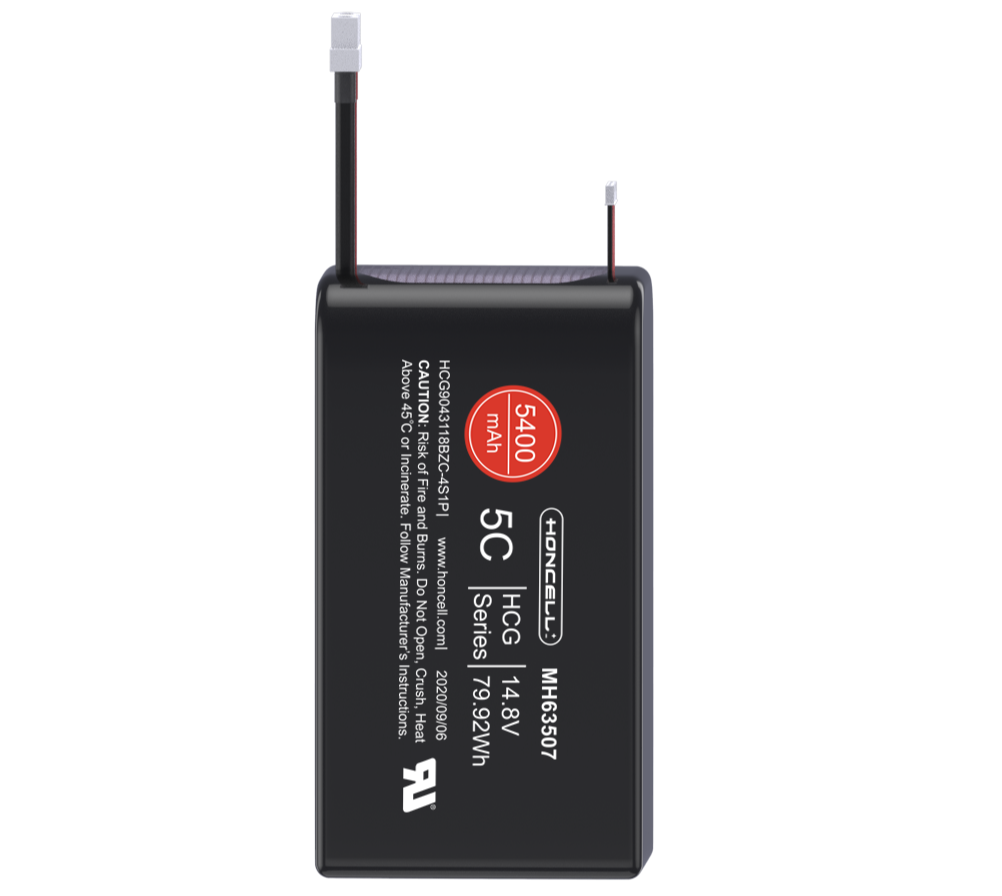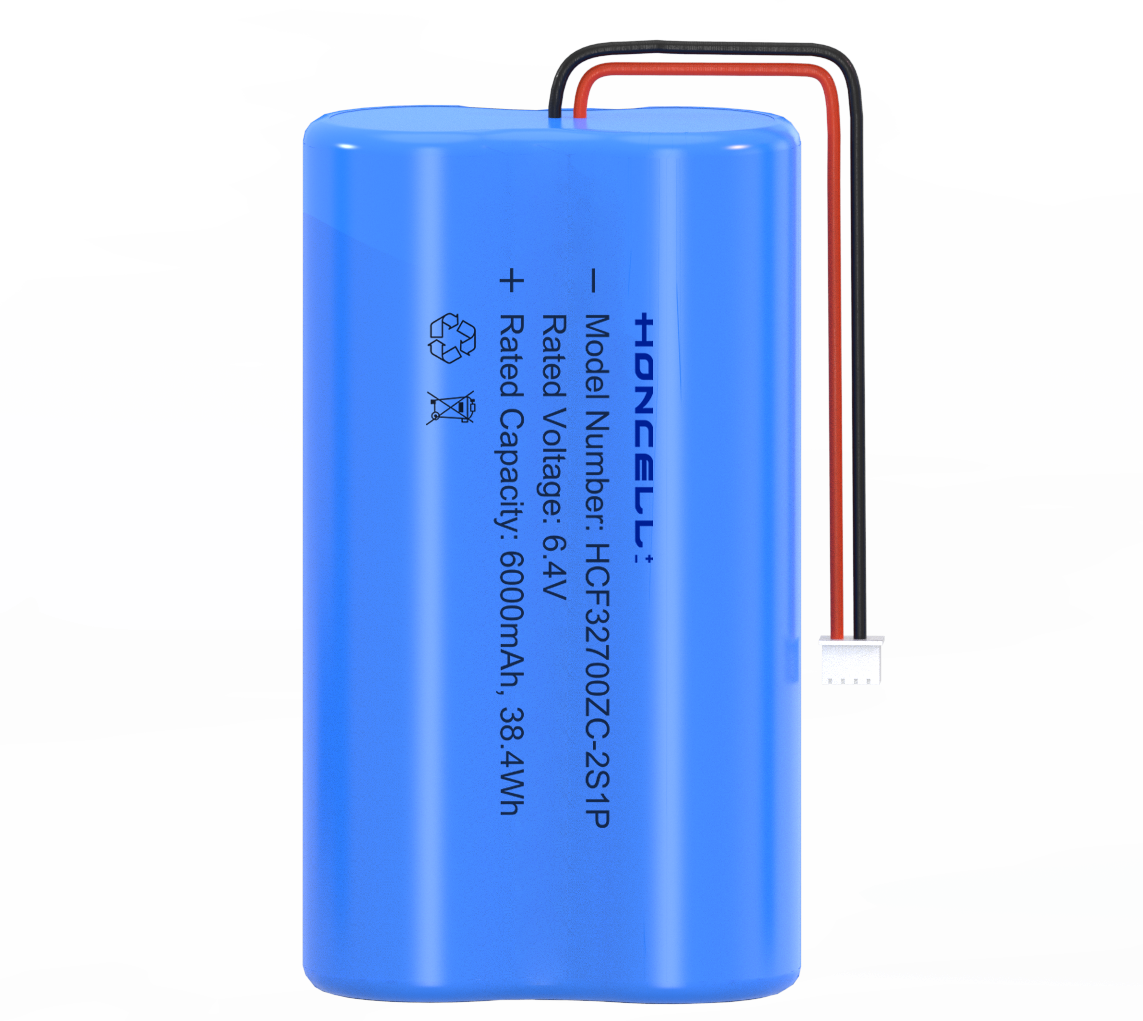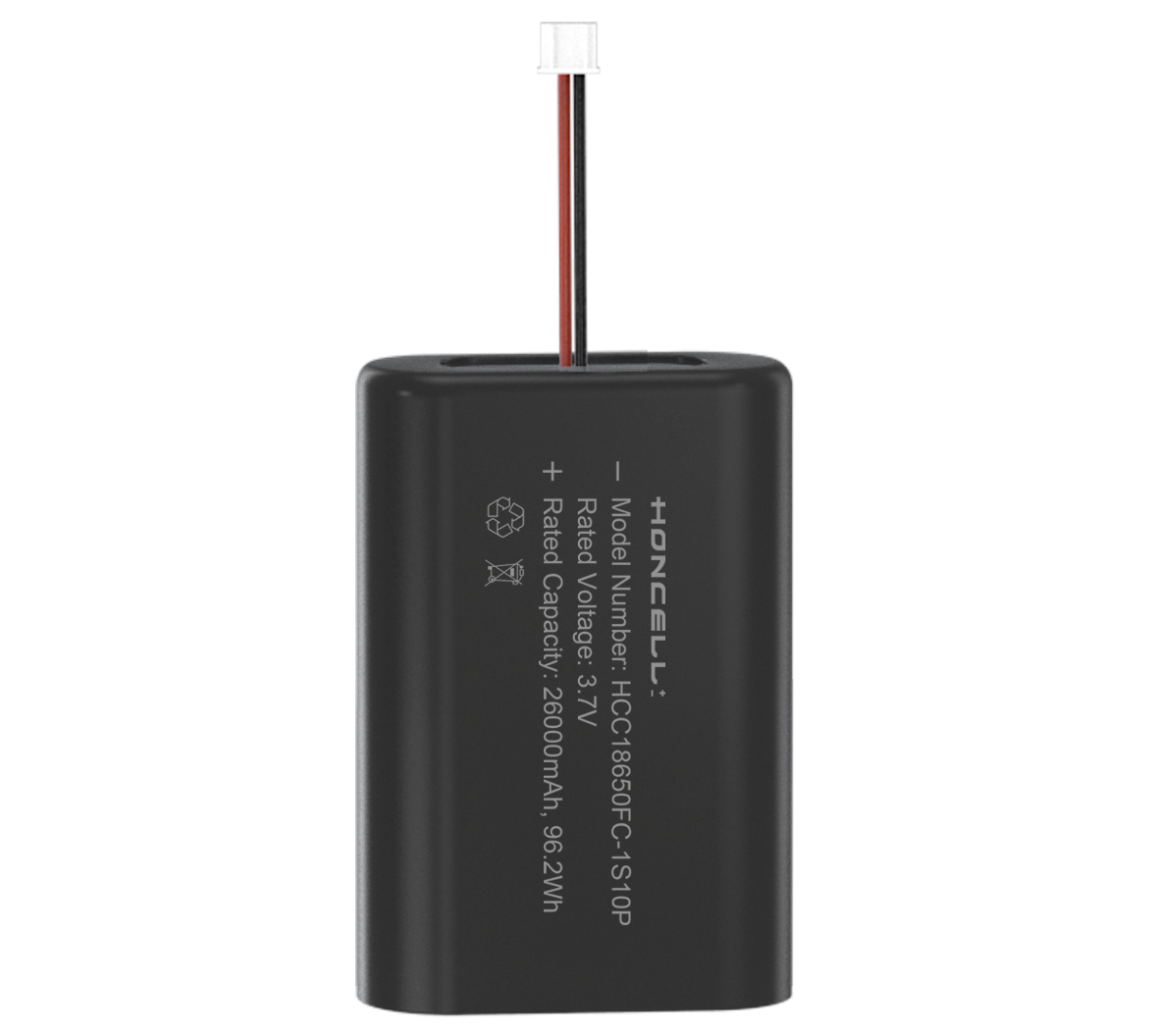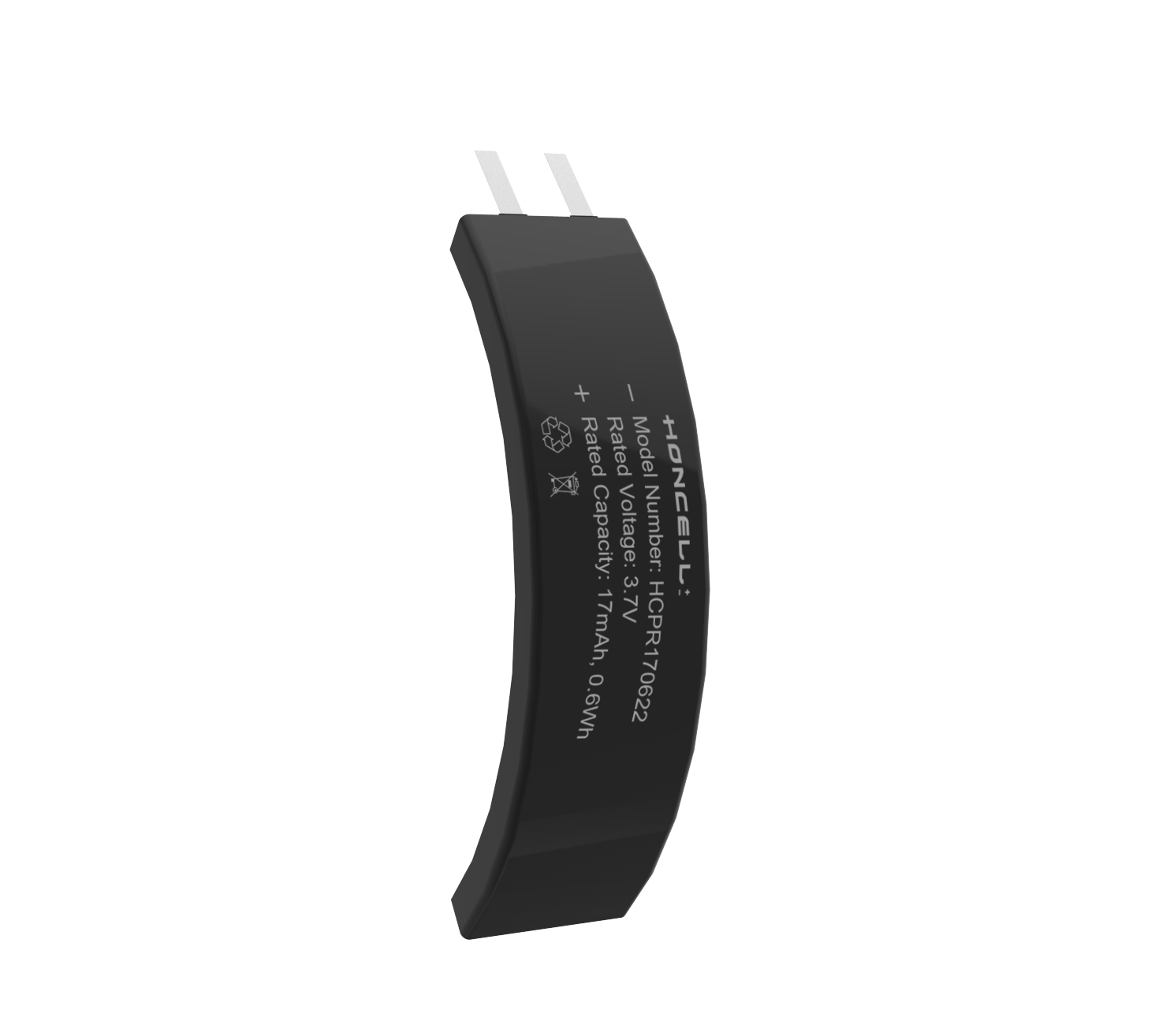Top 4 Differences Between Lithium-ion and Lithium-polymer Batteries
In the world of rechargeable batteries, lithium-ion (Li-ion) and lithium-polymer (LiPo) batteries are two of the most popular choices. Both types have their unique characteristics, making them suitable for different applications. In this blog, we will explore the top five differences between lithium-ion and lithium-polymer batteries, focusing on their safety, performance, flexibility, and composition. As a leading rechargeable Li-ion battery supplier, Honcell is here to help you understand these differences and make informed decisions.
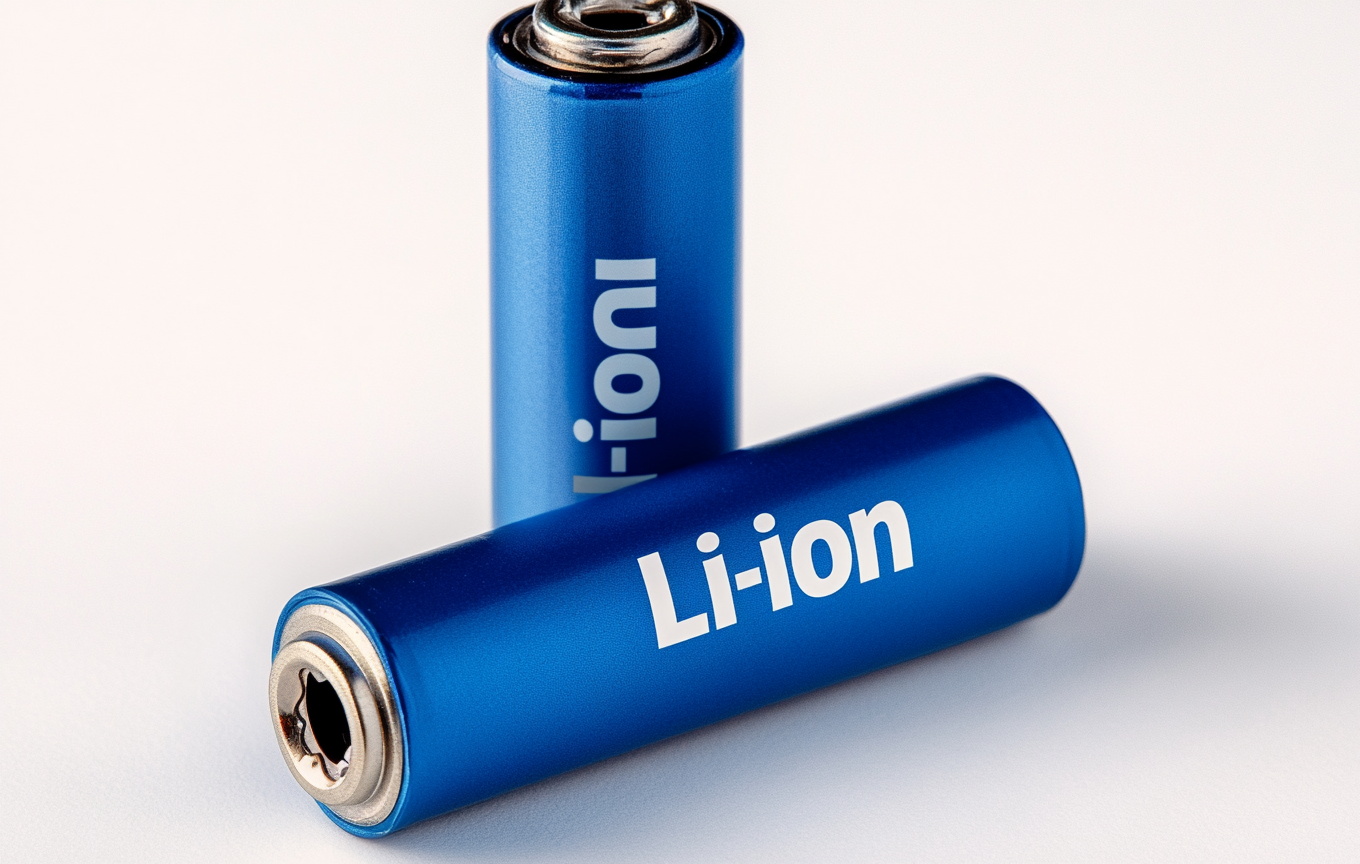
What are the Differences Between Lithium Polymer and Lithium-ion Battery?
Composition
Lithium-ion Batteries: These batteries use a liquid electrolyte to facilitate the movement of ions between the anode and cathode. The liquid electrolyte is typically a lithium salt dissolved in an organic solvent.
Lithium-polymer Batteries: LiPo batteries, on the other hand, use a solid or gel-like electrolyte. This electrolyte is usually a polymer composite, which gives the battery its name.
Performance
Lithium-ion Batteries: Li-ion batteries are known for their high energy density, which means they can store a large amount of energy in a relatively small and lightweight package. This makes them ideal for high-performance applications like smartphones, laptops, and electric vehicles.
Lithium-polymer Batteries: While lithium polymer battery cells have a slightly lower energy density compared to Li-ion batteries, they offer better discharge rates and can deliver higher bursts of power. This makes them suitable for applications like drones, RC vehicles, and other high-drain devices.
Flexibility
Lithium-ion Batteries: Li-ion batteries are typically encased in rigid metal or plastic shells, which limits their flexibility in terms of shape and size.
Lithium-polymer Batteries: LiPo batteries are more flexible and can be manufactured in various shapes and sizes. This flexibility makes them ideal for applications where space and form factor are critical, such as wearable devices and compact electronics.
Cost
Lithium-ion Batteries: Generally, Li-ion batteries are more cost-effective to produce, making them a popular choice for mass-market consumer electronics.
Lithium-polymer Batteries: LiPo batteries tend to be more expensive due to their complex manufacturing process and the materials used. However, their unique properties can justify the higher cost in specific applications.
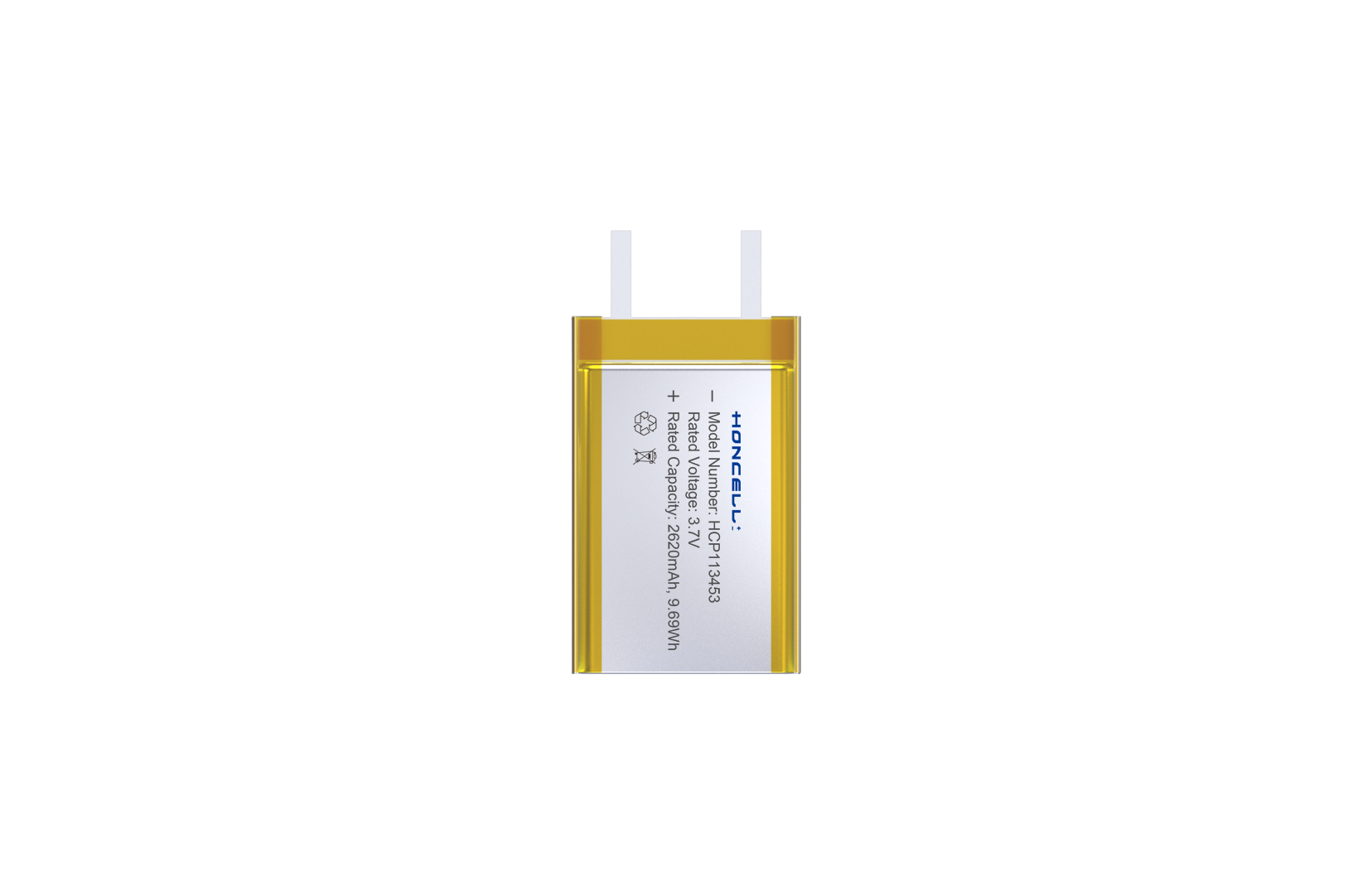
What are the Advantages and Disadvantages of Lithium-ion Polymer Batteries?
Advantages:
Flexibility: Can be manufactured in various shapes and sizes, making them suitable for compact and custom applications.
High Discharge Rates: Capable of delivering higher bursts of power, ideal for high-drain devices.
Disadvantages:
Cost: Generally more expensive to produce compared to Li-ion batteries.
Energy Density: Slightly lower energy density compared to Li-ion batteries, which can limit their use in high-capacity applications.
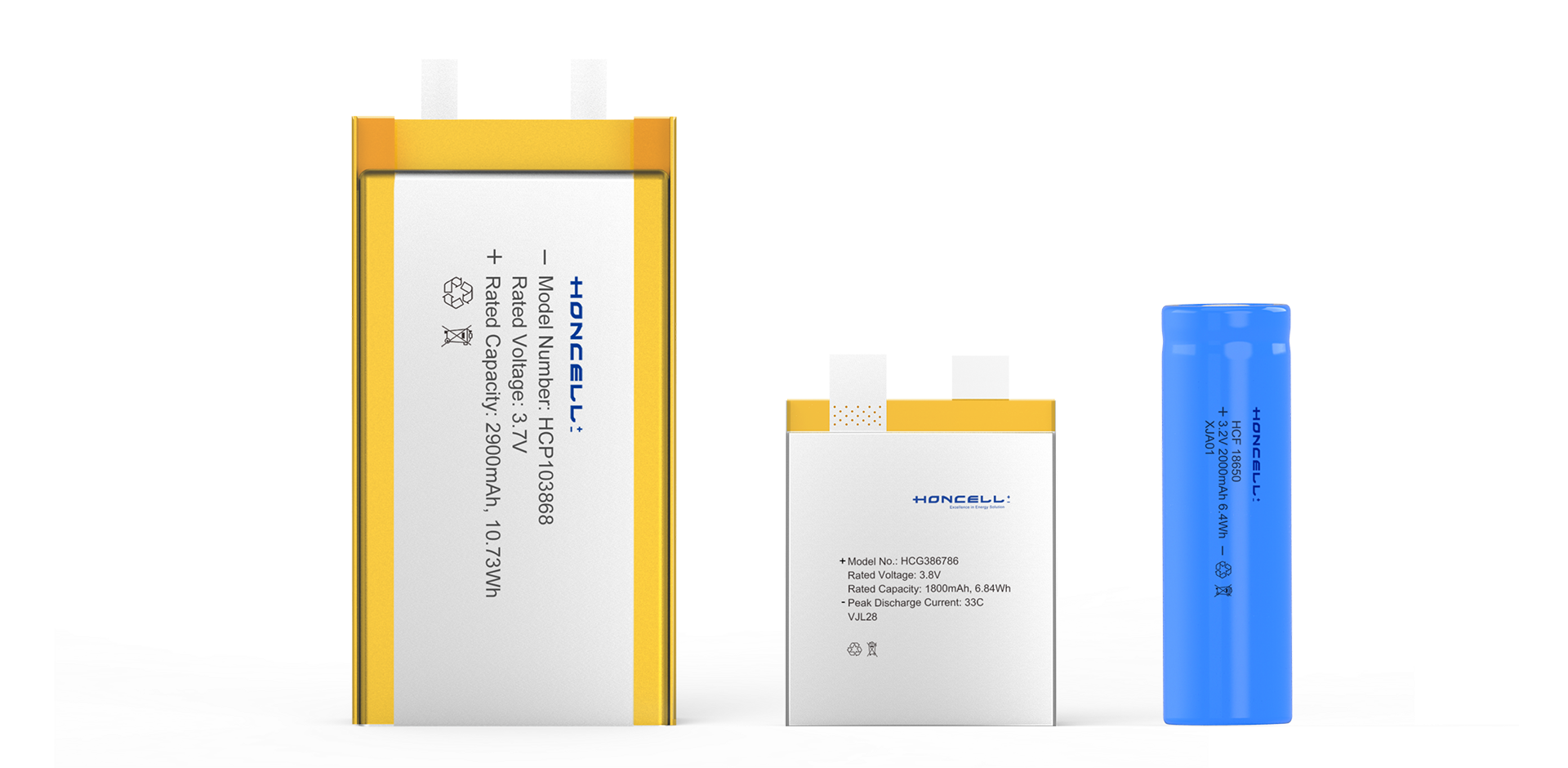
How to differentiate between a lithium-ion battery and a lithium polymer battery?
Identifying whether a battery is Li-ion or LiPo can be done by examining its physical characteristics and specifications:
Physical Appearance: Li-ion batteries are usually encased in rigid metal or plastic shells, while LiPo batteries are often found in flexible, pouch-like packaging.
Labeling: Check the battery label or datasheet for specific information. Li-ion batteries are often labeled as “Li-ion” or “Lithium-ion,” while LiPo batteries may be labeled as “LiPo” or “Lithium-polymer.”
Specifications: Review the battery’s specifications, including energy density, discharge rates, and form factor. These details can provide clues about the battery type.
Understanding the differences between lithium-ion and lithium-polymer batteries is crucial for selecting the right battery for your application. Both types have their unique advantages and disadvantages, making them suitable for different use cases. As a leading rechargeable lithium ion battery cells manufacturer, Honcell is committed to providing high-quality batteries that meet your specific needs. Visit our website at Honcell to explore our range of products and find the perfect battery solution for your requirements.
Related News
-

 Jan. 2025All You Need To Know About Smart Watch BatteriesLearn More
Jan. 2025All You Need To Know About Smart Watch BatteriesLearn More -

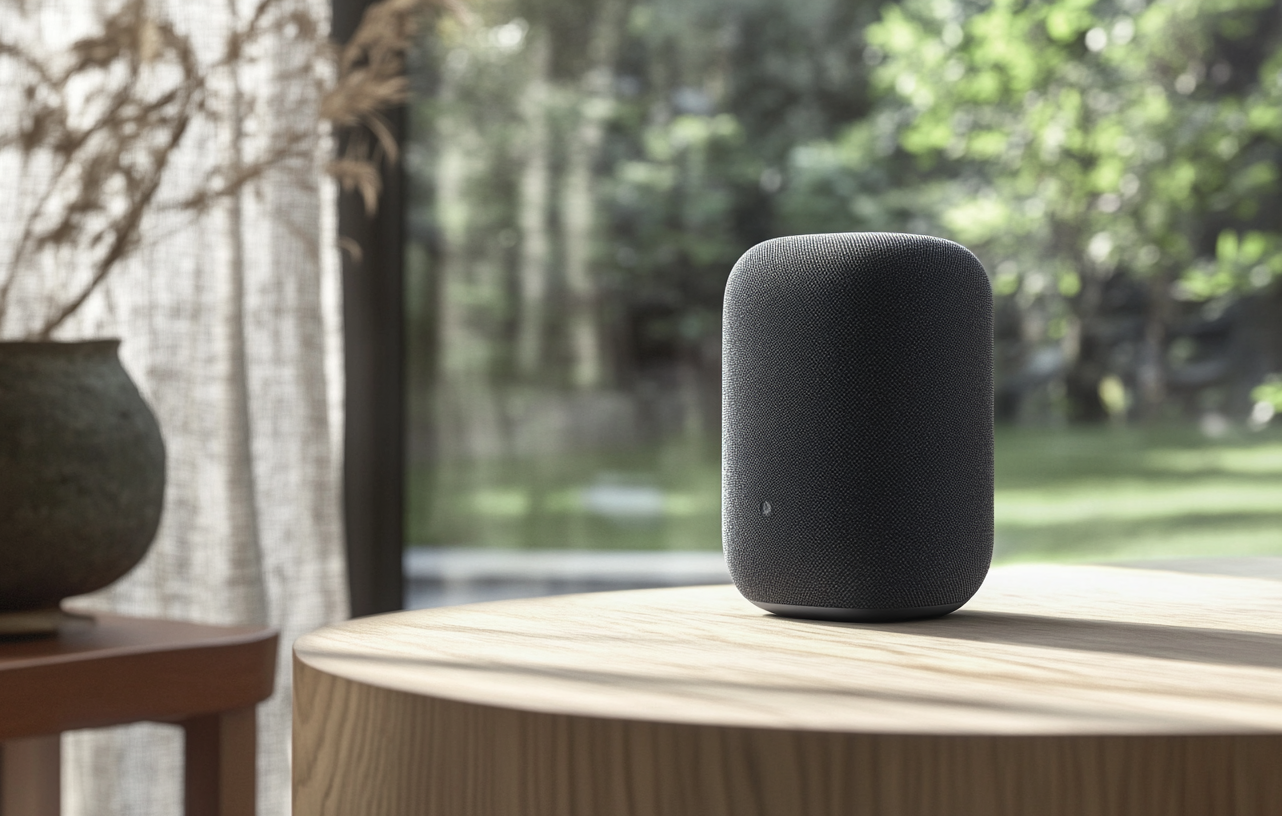 Dec. 2024The Ultimate Guide to Choose the Best Rechargeable Battery for Bluetooth SpeakersLearn More
Dec. 2024The Ultimate Guide to Choose the Best Rechargeable Battery for Bluetooth SpeakersLearn More -

 Nov. 2024How Drone Manufacturers Choose Lithium BatteriesLearn More
Nov. 2024How Drone Manufacturers Choose Lithium BatteriesLearn More -

 Nov. 2024How medical device vendors choose lithium medical batteriesLearn More
Nov. 2024How medical device vendors choose lithium medical batteriesLearn More -

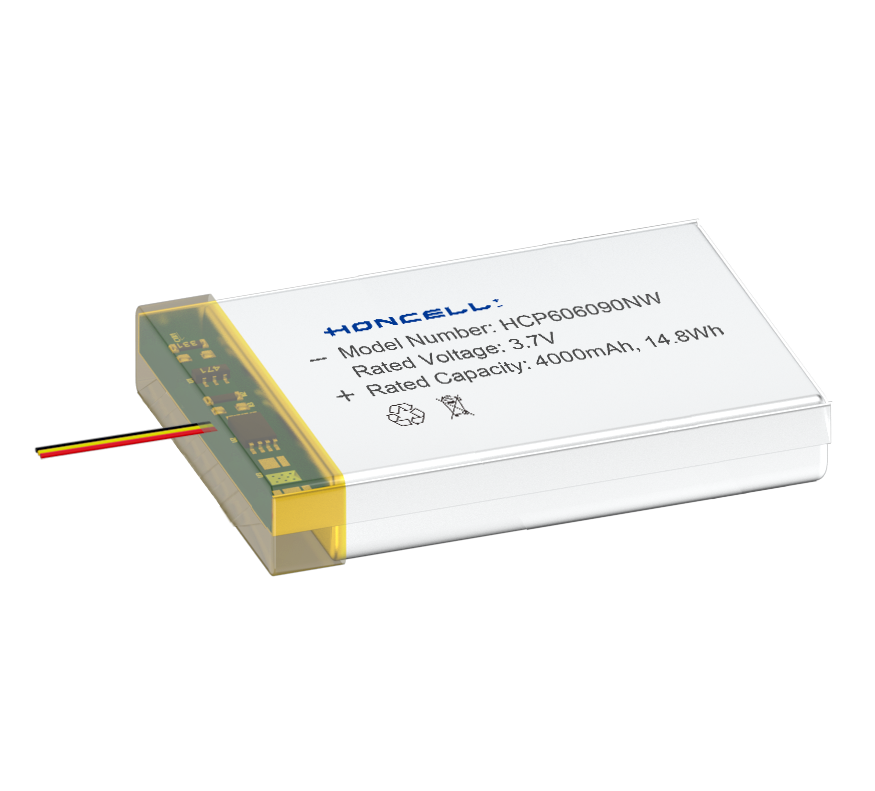 Sep. 2024Why global enterprises should choose Chinese lithium battery manufacturersLearn More
Sep. 2024Why global enterprises should choose Chinese lithium battery manufacturersLearn More -

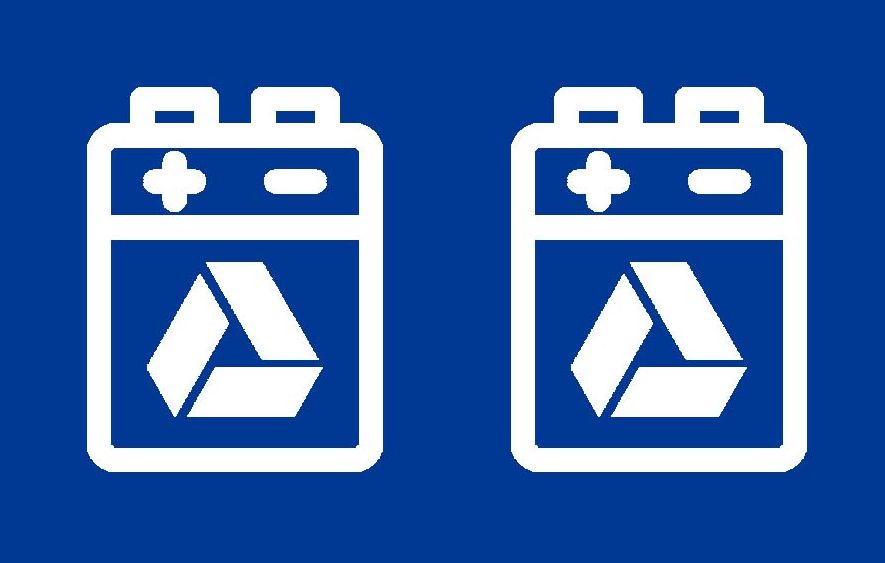 May. 2024How to choose lithium battery customized manufacturersLearn More
May. 2024How to choose lithium battery customized manufacturersLearn More -

 Mar. 2024How to wake up a dormant lithium battery and bring it back to performanceLearn More
Mar. 2024How to wake up a dormant lithium battery and bring it back to performanceLearn More -

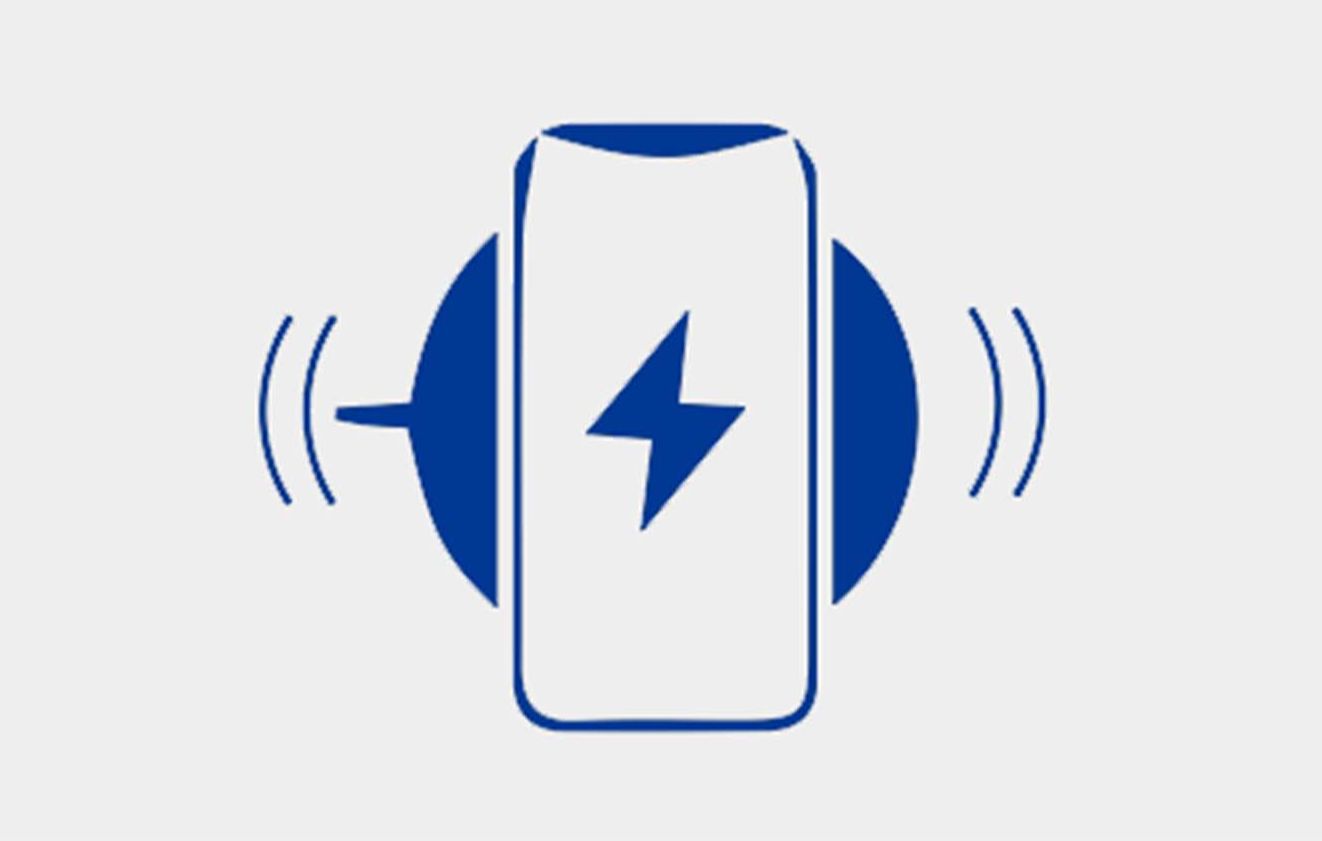 Mar. 2024What should be considered when charging lithium batteriesLearn More
Mar. 2024What should be considered when charging lithium batteriesLearn More


